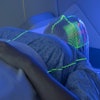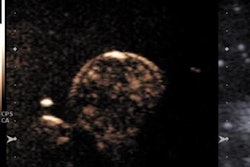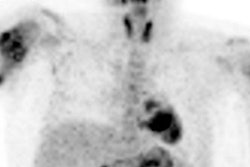Medical school students receive little formal instruction in radiation oncology, according to research published online in the Journal of the American College of Radiology.
This is despite the fact that more than 1.7 million people in the U.S. will be diagnosed with cancer in 2018, and 50% to 60% of these patients will undergo radiation therapy, according to study co-author Dr. William Small Jr. from Loyola University Health System in Chicago.
"Our specialty is not doing enough to educate medical students about this critical component of cancer care," Small said in a statement released March 22 by the university.
Lead author Dr. Malcolm Mattes of West Virginia University and colleagues surveyed 75 academic radiation oncology departments in the U.S., asking about the various ways in which radiation oncologists are involved in medical student education. Among the 49 departments that responded, 25% said they had no involvement in the formal curricula at their local or affiliated medical schools (JACR, January 2, 2018).
Only 41% reported that at least one faculty member taught on topics related to radiation oncology, while 25% reported that at least one faculty member taught on specific radiation oncology topics.
Survey participants did report other approaches to teaching, such as multidisciplinary rotations that include radiation oncology concepts; guest lectures on radiation oncology; and extracurricular activities such as an oncology seminar series, special medical student enrichment programs, and radiation oncology interest groups.
Radiation oncologists need to take action to improve medical students' radiation oncology knowledge, the authors concluded.
"Radiation oncology as a specialty suffers from a crisis in identity, and at times even reputation, among those outside of our field," the authors wrote. "If that is to change, it is incumbent on radiation oncologists to take ownership over the dissemination of knowledge about our value in patient care and the oncology team."



















